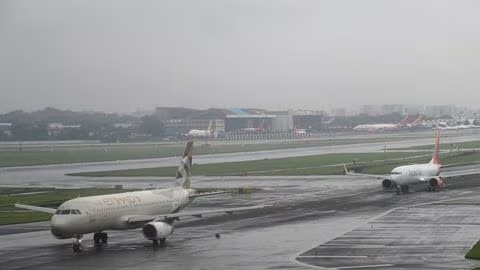Airlines Avoid Middle East Airspace, Cancel Israel Flights Amid Rising Tensions.
Amid escalating tensions in the Middle East, several airlines are steering clear of Iranian and Lebanese airspace and cancelling flights to Israel and Lebanon. This comes in the wake of the recent killings of senior members of militant groups Hamas and Hezbollah.
Airline Route Changes:
Singapore Airlines has ceased using Iranian airspace for its routes, as indicated by flight tracker Flightradar24. Similar adjustments have been made by Taiwan’s EVA Air and China Airlines, avoiding Iranian airspace for flights to Amsterdam. The airlines have not responded to requests for comment on these route changes.
A bulletin from OPSGROUP, an organization that shares flight risk information, advised against using Iranian and Iraqi airspace. This follows reports that top Iranian officials plan to meet with representatives from Lebanon, Iraq, and Yemen to discuss potential retaliation against Israel.
US and European Airlines’ Precautions:
Many US and European airlines have already been avoiding Iranian airspace, particularly after the missile and drone exchanges between Iran and Israel in April. Despite this, some airlines, including Etihad, Emirates, FlyDubai, Qatar Airways, and Turkish Airlines, continue to operate flights over Iran.
Flight Cancellations:
Over the past two days, Air India, Germany’s Lufthansa Group, US carriers United Airlines and Delta Air, and Italy’s ITA Airways have suspended flights to Tel Aviv. Additionally, flights to Beirut have been delayed or cancelled following a strike in the Israeli-occupied Golan Heights, which Israel has attributed to Hezbollah. Hezbollah, however, has denied involvement.
Government Advisories:
Canada has issued a notice to avoid Lebanese airspace for one month due to military activity risks. The UK has also advised pilots of potential risks from anti-aircraft weaponry and military activity in Lebanon’s airspace for the past month.
Potential Risks:
Should an all-out war break out in the Middle East, civil aviation could face significant risks from drones, missiles, and GPS spoofing—where signals mislead a plane’s GPS system about its location. This is particularly prevalent around Lebanon and Israel, where military and other actors frequently broadcast misleading signals

